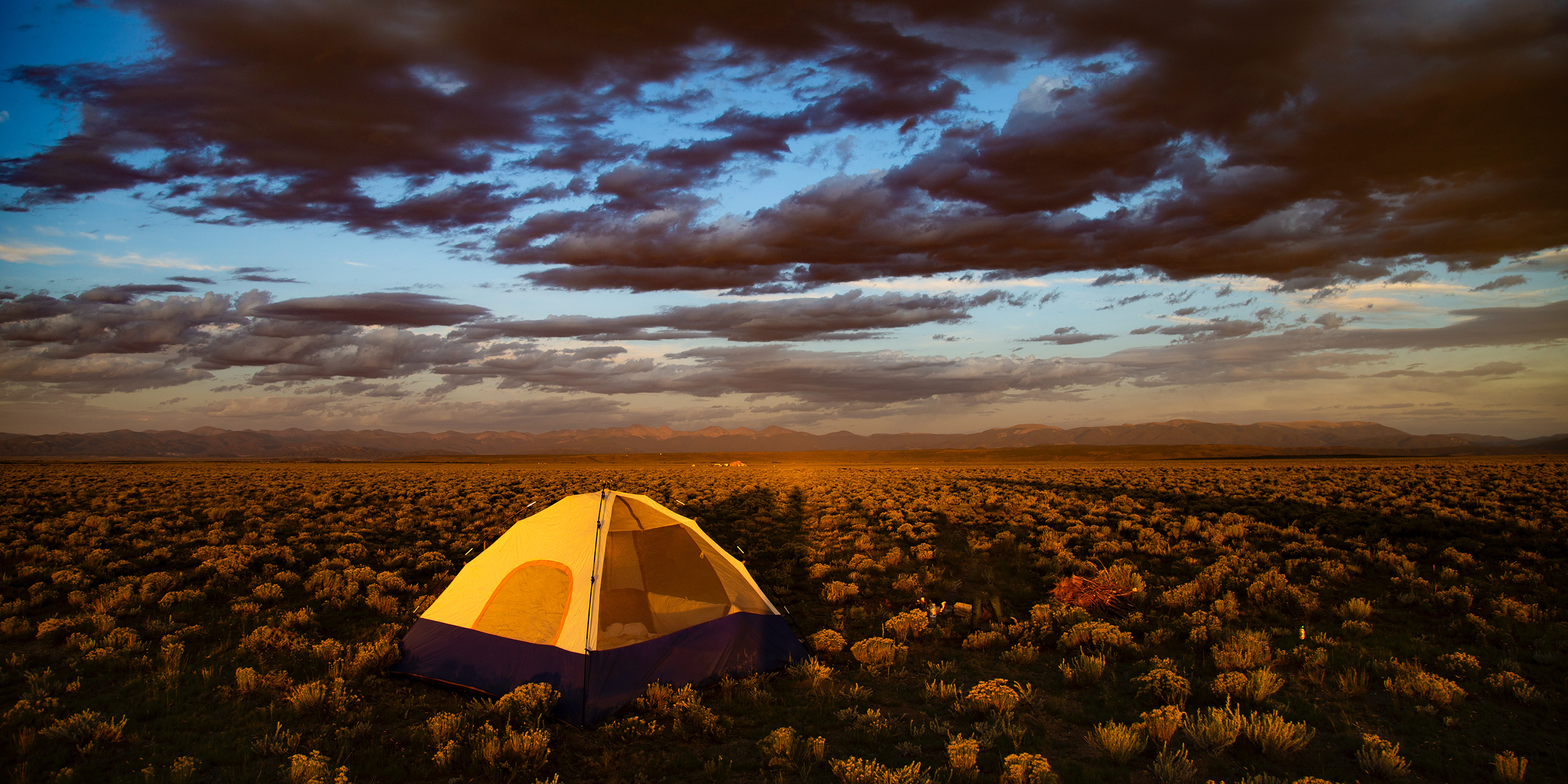Beyond West Virginia v. EPA:
The President Needs to Act, Without Further Delay, to Arrest Dangerous Climate Change
The right to privacy is on the Supreme Court’s chopping block this month. To judge by its leaked draft, the Court, in Dobbs v. Jackson Women’s Health Organization, is preparing a “maximalist assault on progressive constitutionalism” – to appropriate one writer’s evocative depiction.
While the Dobbs decision is now infamous, even before its release, yet another case, also potentially far-reaching and highly destructive, approaches fast, albeit in relative stealth.
In West Virginia et al. vs. Environmental Protection Agency (EPA), a score of conservative states and fossil fuel interests 1The Petition to the Supreme Court was filed States of West Virginia, Alabama, Alaska, Arkansas, Georgia, Indiana, Kansas, Louisiana, Missouri, Montana, Nebraska, Ohio, Oklahoma, South Carolina, South Dakota, Texas, Utah, and Wyoming; and Mississippi Governor Tate Reeves. seek to kneecap federal authority to restrict greenhouse gas (GHG) emissions from major sources. No great surprise there.
Ostensibly, the case involves EPA’s prior interpretation of §111(d) of the Clean Air Act, the legal basis for its 2015 Clean Power Plan. Admittedly, §111(d) is not a model of clarity, but in my view EPA’s construal of the statute was clearly reasonable and consistent with its fundamental mission. Importantly, however, the Trump team withdrew the Plan soon after it took office, and the Biden administration has made clear it will not revive the Plan.
It thus came as a surprise, at least to me, when, last October, the Supreme Court granted West Virginia’s petition to hear the case. After all, a basic conservative principle holds that the Court should consider only actual “cases and controversies.” So really, the Court should have dismissed the West Virginia matter as moot. But instead, the Court took up the case.
Here’s the rub. The West Virginia petitioners argued in their briefs that EPA’s attempt to press power plants to transition away from coal raised a major question, given the large changes in industry that would have precipitated. Their argument is that Congress did not expressly authorize the Agency to address climate change by pressing the power industry to utilize cleaner fuels. They further urge that the Court should dissuade the Agency from repeating its efforts by wielding its “major questions doctrine” expansively. Thus, any novel effort by EPA, or other agencies, to constrain major industrial activity – unless pursuant to an express Congressional mandate – should be deemed null and void. Or so they argue.
There are at least two problems with the West Virginia position. First, as I indicated before, EPA’s Plan and its legal interpretation of §111(d) on which the Plan was based, really amounted to a reasonable and moderate exercise of Agency discretion in the context of the climate crisis. Indeed, Congress intended to provide the Agency with flexibility to control major-source pollution. Richard Revesz, of the New York University School of Law, made this point persuasively at the end of January, in his amicus brief. I hope the Justices attend to that.
Second, the major questions doctrine was originally devised as a tool to help decide only extraordinary cases of federal overreach. But EPA’s promulgation of the Clean Power Plan was hardly an instance of extraordinary overreach. Indeed, the 2015 Plan was not even the first time that EPA used §111(d) to press for cleaner “generation-shifting” within the US power system, as Professor Revesz also pointed out. Accordingly, what EPA earlier attempted to do was hardly novel.
The Court should reject West Virginia’s invitation to vastly expand its use of the doctrine. Federal agencies often need to exercise at least a modicum of creativity in the enforcement of key federal statutes that Congress wrote to protect public health and safety. Foreclosing that ability would foster governmental paralysis during times when action is most clearly required. We will see soon what the Court chooses to do.
Footnotes:
- 1The Petition to the Supreme Court was filed States of West Virginia, Alabama, Alaska, Arkansas, Georgia, Indiana, Kansas, Louisiana, Missouri, Montana, Nebraska, Ohio, Oklahoma, South Carolina, South Dakota, Texas, Utah, and Wyoming; and Mississippi Governor Tate Reeves.


